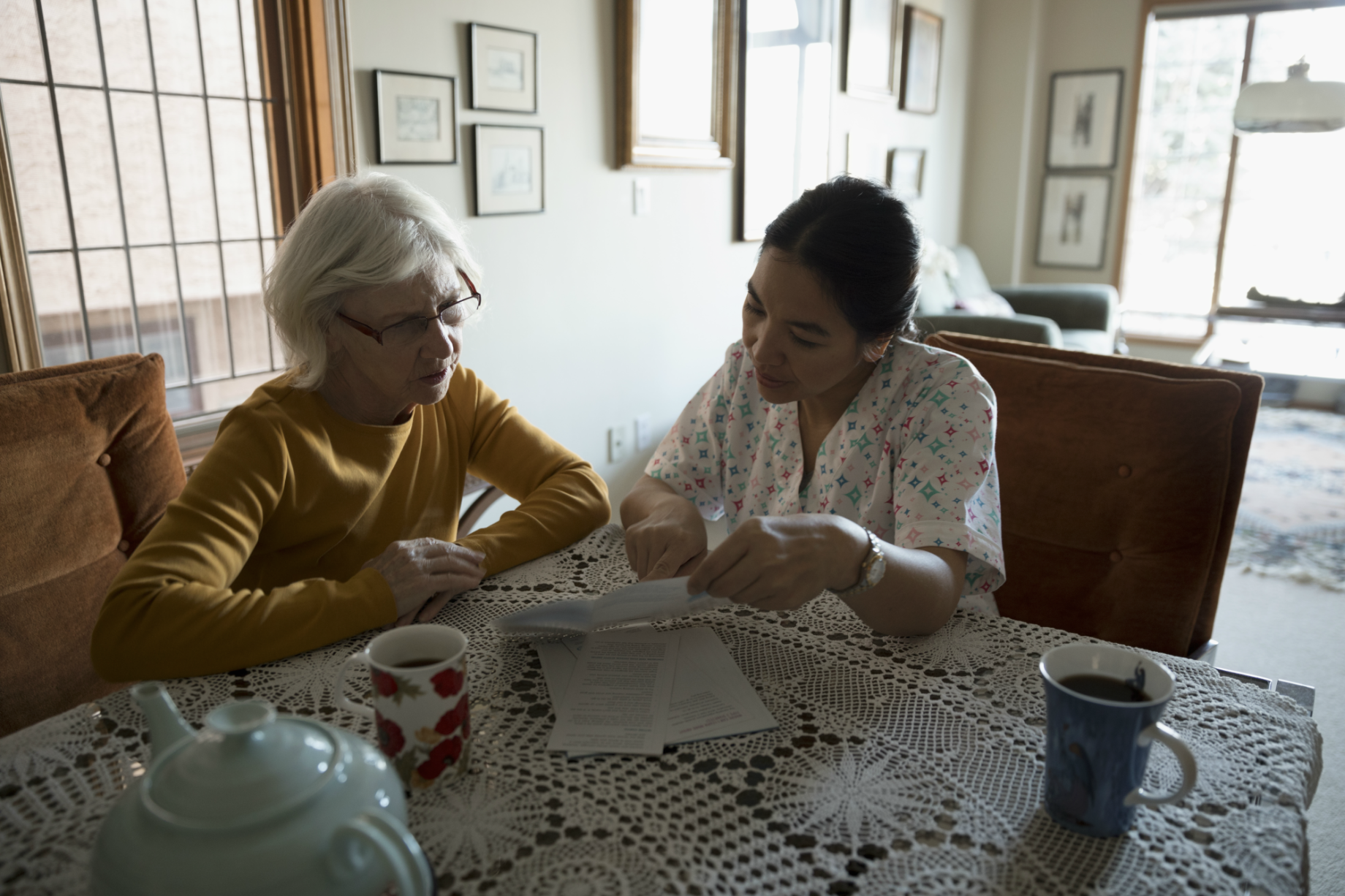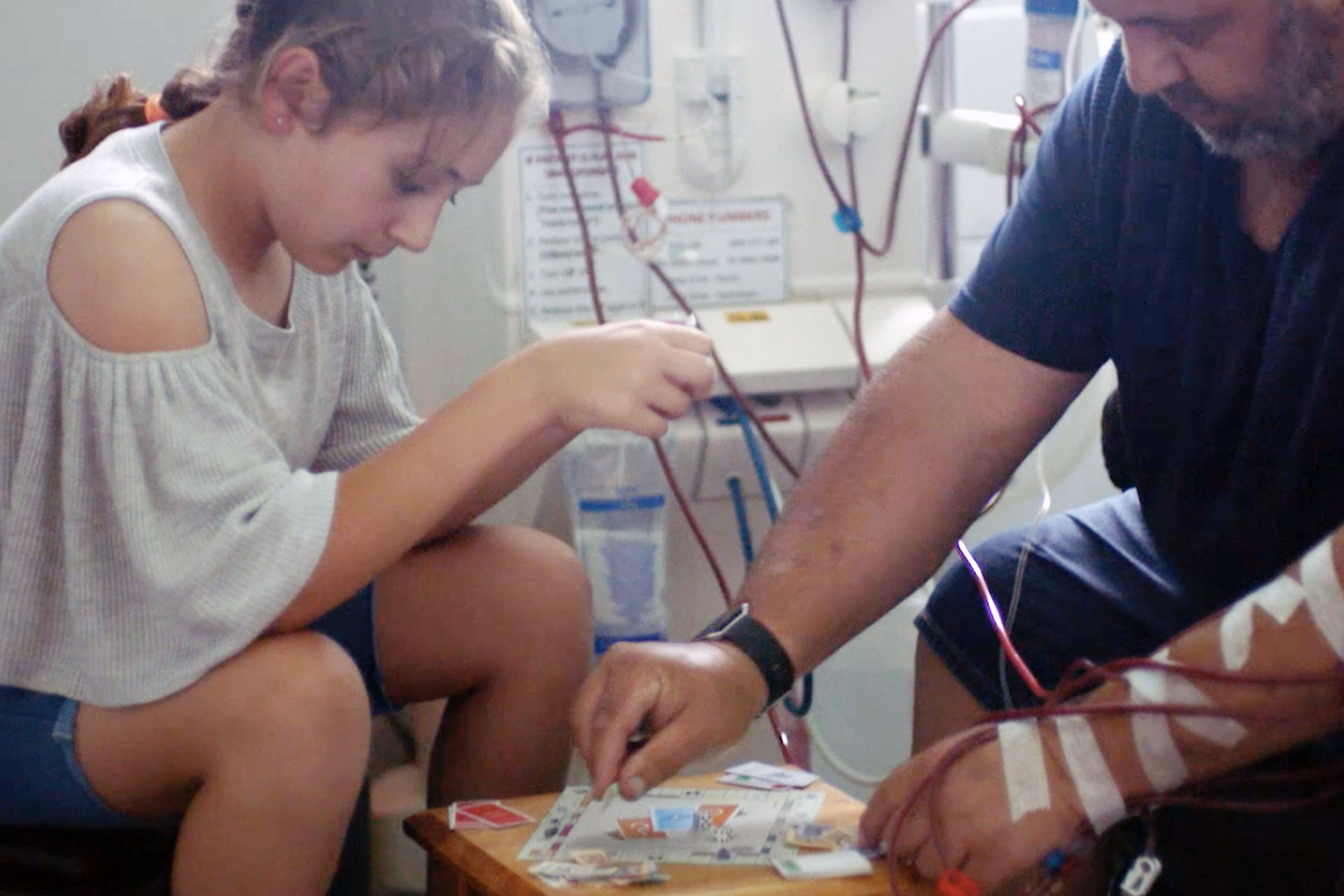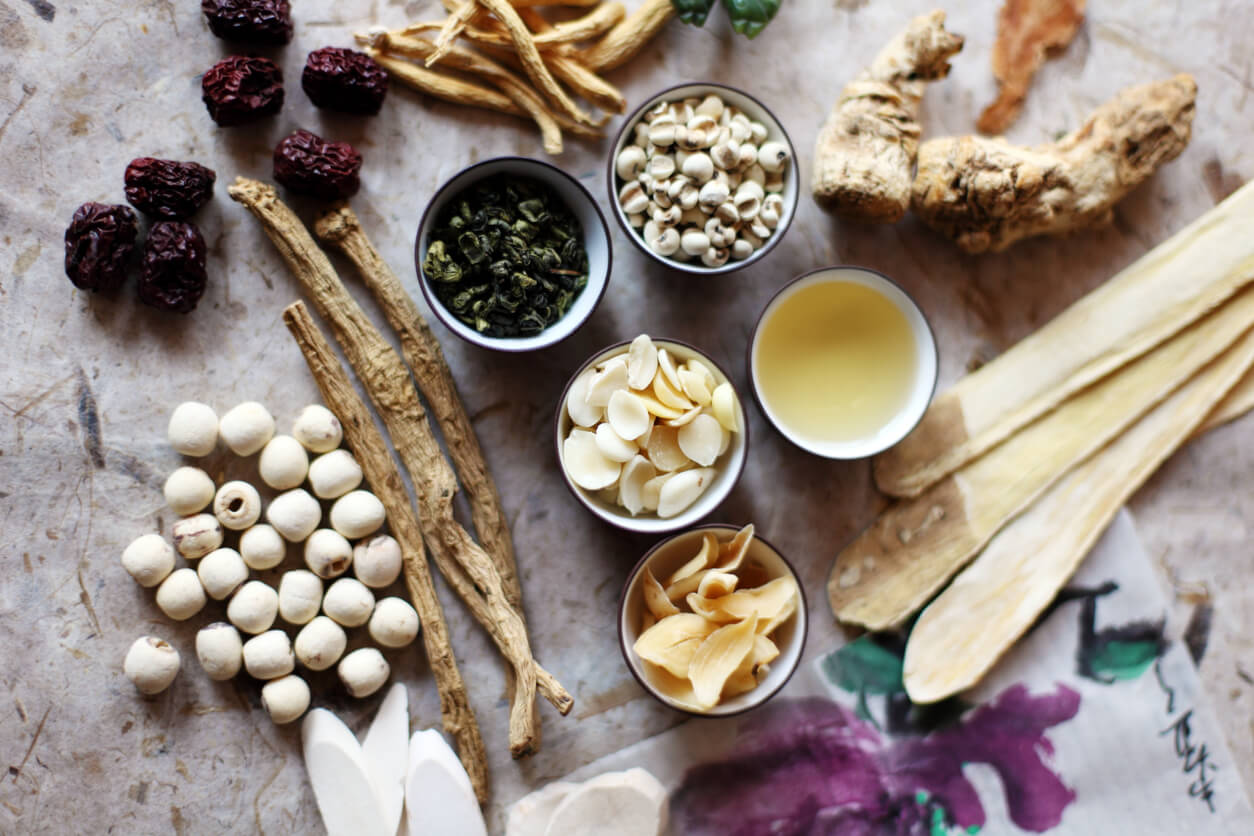-
We know that age and family history increase your risk of developing prostate cancer, but could what you eat play a role? Read on to find out more about prostate cancer and what the latest research says.
Firstly, what is prostate cancer?
Prostate cancer occurs when cells grow abnormally in the prostate. It is one of the most common cancers amongst men in Australia. In fact, one in five will be diagnosed by the age of 85.
The good news is prostate cancer is typically slow growing. Even the more aggressive forms tend to grow slower than other forms of cancer. The five year survival rate is extremely high – around 95 per cent – and some men may only need active monitoring or minimal treatment.
In cases where prostate cancer spreads outside the outer walls of the prostate or to other areas of the body, it is known as advanced prostate cancer.
Learn more about prostate cancer including the symptoms, diagnosis and risk.
Diet and advanced prostate cancer: what’s the link?
While research exists on many different types of foods and the risk of advanced prostate cancer, the link between the two is stronger when it comes to particular types of food.
A 2017 review of studies found evidence to suggest certain diets are associated with increased risk of advanced prostate cancer, particularly diets high in:
- Saturated fats: Typically found in fatty cuts of meat, takeaway food, baked goods and dairy products like butter.
- Well-done meats: Meats cooked at high temperatures, for example on barbecues or grills.
- Calcium: Found in dairy foods, and sometimes taken as a supplement.
A similar study that followed more than 900 men diagnosed with localised prostate cancer found that men who ate a ‘Western style’ diet characterised by a higher intake of processed and red meats, high-fat dairy and refined grains, were at higher risk of dying from prostate cancer than those who ate a healthy diet, characterised by a higher intake of fruit and vegetables, fruits, fish, wholegrains and legumes.
These studies indicate that a healthy diet could help to lower risk of advanced prostate cancer, but it’s important to remember that they are observational - they can show an association between diet and advanced prostate cancer, but can’t show a cause and effect relationship.
Medibank Chief Medical Officer Linda Swan said the bottom line is a healthy diet full of fruit and vegetables, lean meats and wholegrains is the best way to prevent a whole range of diseases.
“Whatever the specific role of diet in advanced prostate cancer risk is, we know that people who eat a healthy diet have a much lower risk of heart disease, type 2 diabetes and some other cancers. A healthy diet is a win for your whole body.”
The link between diet and prostate cancer

-
Innovating for members living with chronic disease
Medibank is supporting our members living with chronic diseases such as heart disease, arthritis, and diabetes, through our CareComplete programs.
-
Medibank’s palliative care at home trial
Giving our customers choice in where they would like to receive their end-of-life care can provide dignity, privacy and help them retain control over the care they receive.
-
How your phone habits affect your sleep
And what it means for your mental health, hormones and more.
-
Medibank trialling haemodialysis at home
Giving members with chronic kidney disease more choice
-
The origins of western and eastern medicine
Two schools of thought explained
-
Almost half of hospital patients are looking for more support
Find out how Medibank is helping.
Subscribe to receive the best from Live Better every week. Healthy recipes, exercise tips and activities, offers and promotions – everything to help you eat, move and feel better.
By clicking sign up I understand and agree to Medibank's privacy policy






